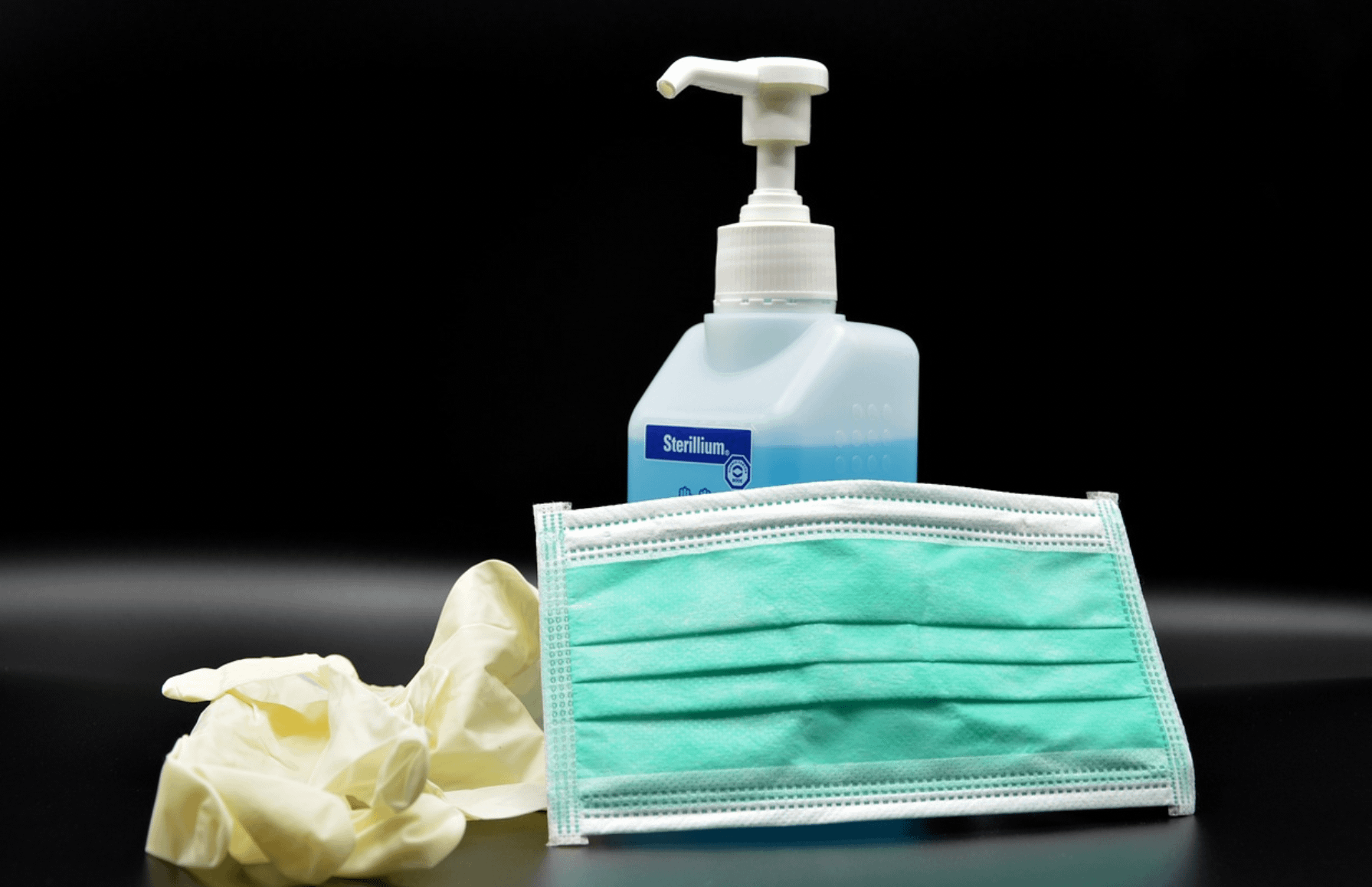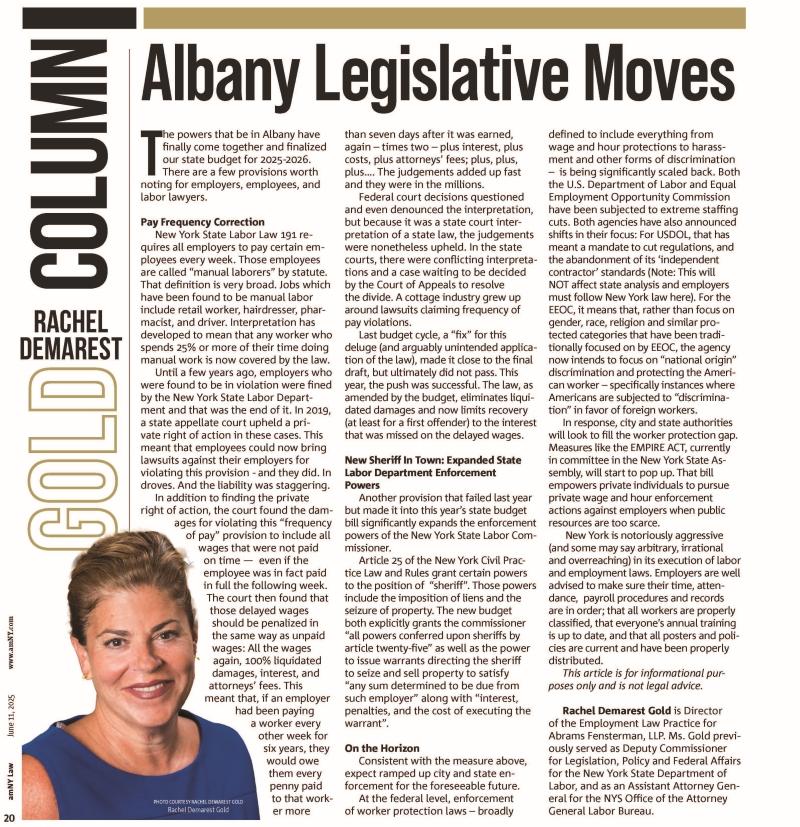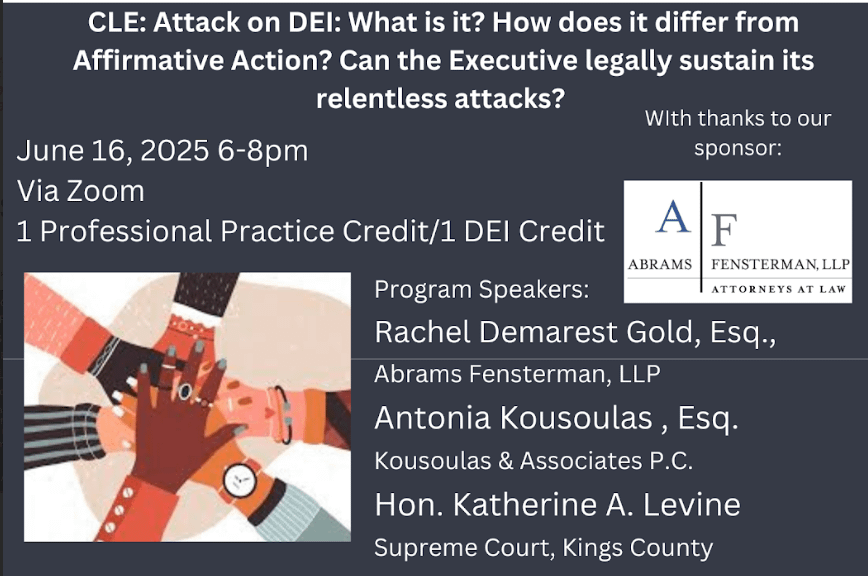By Nancy Levitin and Gregory Choi
During the COVID-19 outbreak there have been major changes to Medicaid’s eligibility determination process. These changes were intended to streamline the application process, and provide continuing Medicaid coverage to those in need during unprecedented times.
The New York State Department of Health and New York City Human Resources Administration have announced changes to their standard rules and policies that impacted providers across the health care system. These changes have been retroactively effective since March 1, 2020 and have remained in place through numerous extensions during the public health emergency.
In furtherance of the ongoing public health emergency, Medicaid’s COVID-19 emergency rules have been extended through May 2022. The extension of Medicaid’s COVID-19 emergency rules include the following:
- Applicants or their legal representative (e.g. guardian) may continue to attest to all elements of eligibility, except immigration status and identity (if immigration document does not also prove identity), so long as a Supplement A is completed. If immigration/identity documentation is unavailable due to the COVID-19 Emergency, the application itself should still be submitted and if citizenship status is not verified through data sources the applicants will be given a subsequent opportunity to document.
- If a representative of the facility is signing the Medicaid application on behalf of a resident who is unable to sign due to the COVID-19 Emergency, the application must still be submitted with a MAP-3044 form (Submission of Application on Behalf of an Incapacitated Consumer); Section II of the form, “Reason for Submission”, should reflect “COVID-19 Emergency” as the reason.
- In order to apply for Medicaid coverage without regard to an incapacitated resident’s finances, a copy of the pleadings for the guardianship proceeding, along with an attorney attestation as to why the action was not yet filed, must still be submitted to DSS. For nursing home residents, Social Security benefits will continue to be counted as income as they can be redirected to the facility as representative payee. Once a guardian is appointed, the newly appointed guardian can attest to the value of the incapacitated resident’s income and resources.
- No Medicaid cases will be closed for failure to renew or failure to provide documentation. Any case that does get closed during the COVID-19 Emergency will continue to be re-opened and coverage retroactively restored.
- Renewals will continue to be extended for an additional twelve (12) months, and excess resource cases will be extended for an additional six (6) months. Medicaid coverage conferred pending guardianship will also continue to be extended, as will existing authorizations for cases ending in April and May of 2022.
For more information on Medicaid, please call any of our Health Law attorneys at 516-328-2300 or visit our site.





